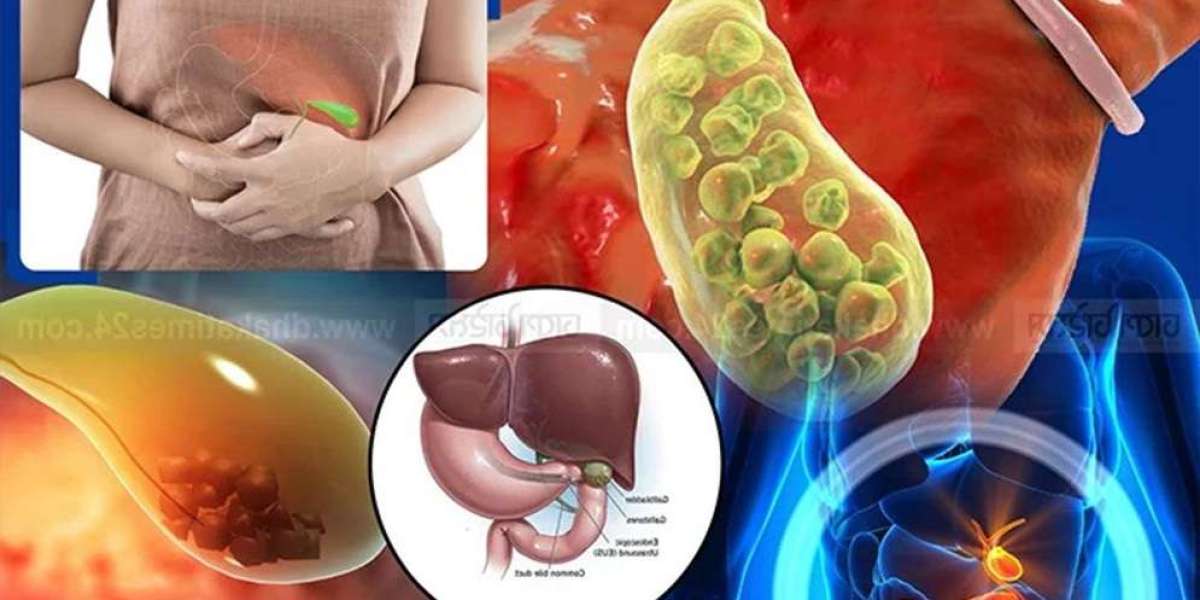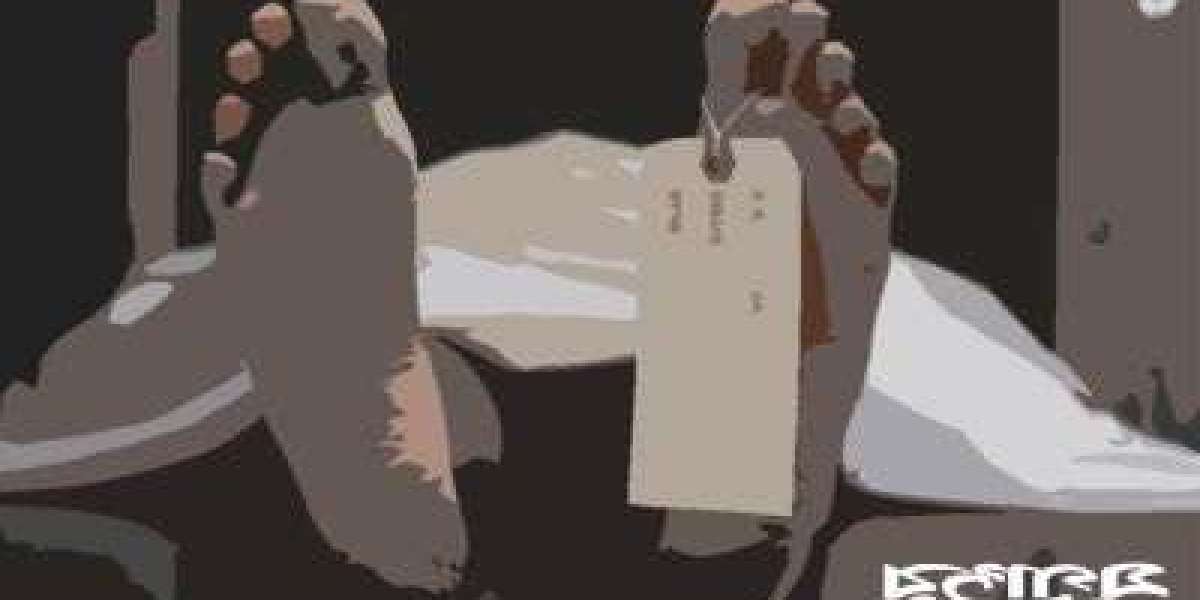Penicillin: The discovery that changed the world
September 28, 20244 Mins Read
A discovery can change the whole world. The result of that discovery can bring both benefits and harm to mankind. Some have written their names in the pages of history by doing good deeds, some do bad deeds. However, it can be said that the example in history that changed the course of human civilization by discovering something very suddenly is rare. Alexander Fleming is one of these rare ones. He discovered penicillin almost unknowingly.
antibiotics
In 1894, Fleming was again admitted to Kilmarn School. After a year he left school to live in London with his elder brother Thomas Fleming. Thomas has just finished polytechnic. Alexander Fleming wandered around London for some time in search of work. But it didn't work. He spent a few days in great difficulty. Then at the age of 16 he got a small job in a shipping company.
Fleming had a wealthy childless uncle. His sudden death turned the wheel of his fortune. All the properties were owned by the Fleming brothers. In 1901, on the advice of his elder brother, he left the ship's service. Admitted to St. Myers Medical School.
After graduation, Fleming began researching bacteria at St. Mary's Hospital. A few days later, he married Irish nurse Sarah Marion McCarloy and started a family. Then he joined the army as a doctor. The First World War started within a few days. Every day, many injured soldiers are admitted to the hospital.
Their injury marks are scarred by bacterial infection. Conventional disinfectants do not work. They are unable to heal serious wounds. So Dr. Fleming saw this in front of his eyes and felt the need for a strong bactericide.
World War I ended in 1918. Fleming returned to England after two months. Joined St. Mary's Medical School in London as Professor of Bacteriology. This time he focused on making truly powerful disinfectants.
1921 incident. Fleming's health had not been going well for some time. He was suffering from cold. Working with germs on a plate one day. He suddenly sneezed. Before removing the plate, a little cold from the nose fell on the plate. The whole plate was ruined. In anger, he threw the plate away from the table. He started working again with a new plate.
The next day, when he came to the laboratory, he ate the vabachaka. Gone are the plate-filled germs of yesteryear. What's the matter! Then I remembered the cold of the previous day. He thought that the germs might have died because of the cold. After that, he tested by dropping cold on the plate several times. Each time the germs appeared to die. He knew that human saliva acts as a disinfectant. But he did not know that cold can do the same.
Then he also experimented with tears, spit etc. Confirmed, these also have disinfectant power. Fleming was convinced that they contained the body's own immune system. He named it lysozyme. The Greek word lys means to destroy. So named because it destroys organisms. But Fleming could not make a powerful disinfectant using only these.
Several years passed after that. In 1927, Fleming started working with Staphylococcus bacteria. He is already known for the discovery of lysozyme. Year 1928 Working in the laboratory of the University of London in August. Suddenly I felt the need to take a vacation and go out. He made a mistake before leaving. His mistake changed the world.
Plates of Staphylococcus bacteria were left in the laboratory. But forget to close the laboratory window. He returned to the laboratory after spending two weeks off. Fleming was surprised to enter the laboratory. The inside of the laboratory was disturbed by the gusty wind. The gusty wind outside has blown grass, leaves, etc. Some of the grass has also come to the plate of bacteria. Fleming notes, quite a big change on a grassy plate. All the bacteria on the plate were killed by the grass. But how did it die?
After examination, it was found that there is a kind of fungus on the grass. Notatum Penicillium fungus. Those fungi killed the germs. Fleming was thrilled. But is the long-term dream going to be fulfilled? Got a strong antibacterial?
He wrote a paper about it in the British Journal of Experimental Pathology . It attracted the attention of scientists. But despite the discovery of disinfectants, they could not make them suitable for use in the human body, due to the lack of sufficient chemistry. For a long time there was no more talk about it.
Year 1939 World War II started. Then strong disinfectants are needed again. German scientist Howard Florey and Australian scientist Ernst Schein are interested in Penicillium. After relentless research, they developed a bactericide. They named it penicillin.
Penicillon was first used on mice. It was successful. Then wait, when it will be applied to the human body. That opportunity came on February 12, 1941. An Oxford policeman was admitted to hospital with serious injuries. There is no hope of survival. Penicillin was first applied to his body. Florey and Cheyne almost cured him with four doses of penicillin at intervals of a few hours.
But he died due to lack of enough penicillin. Later, however, penicillin became vital. The world's first antibiotic was created. Fleming was elected a Fellow of the Royal Society in 1943. Knighted the following year. In 1945, Fleming received the Nobel Prize jointly with Howard Florey and Ernst Chain.



















































